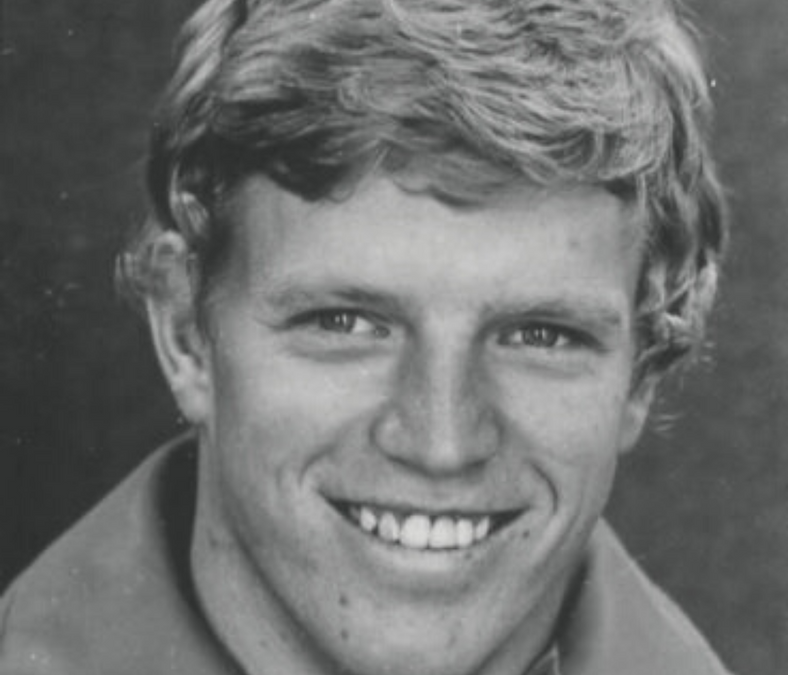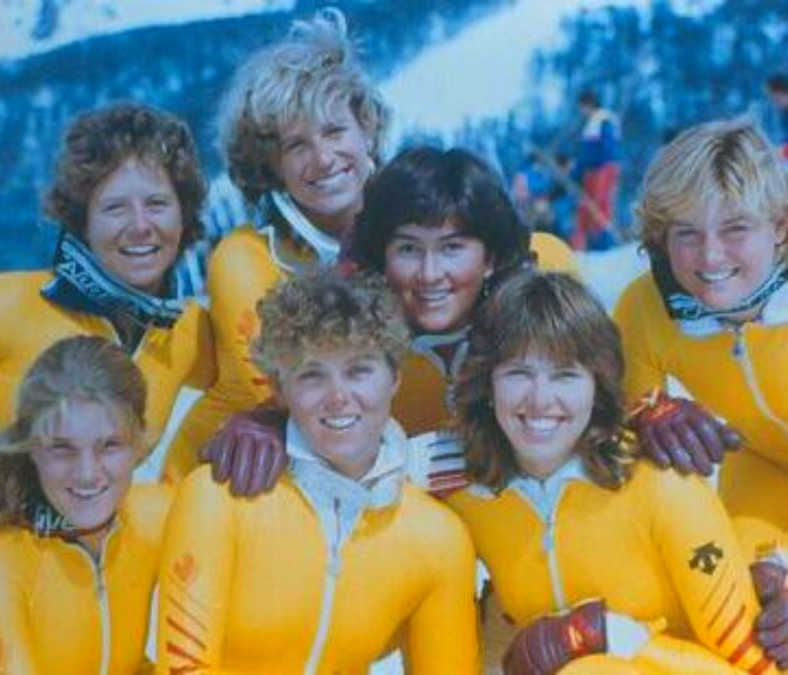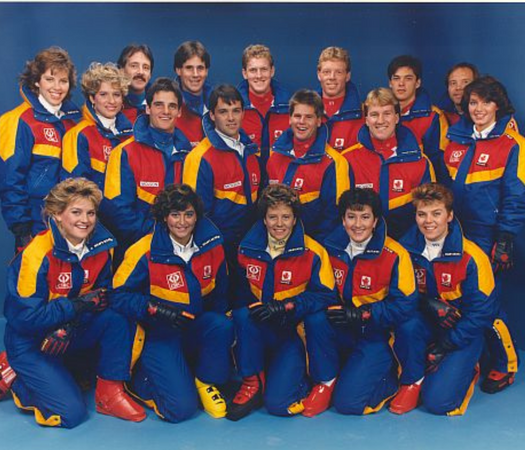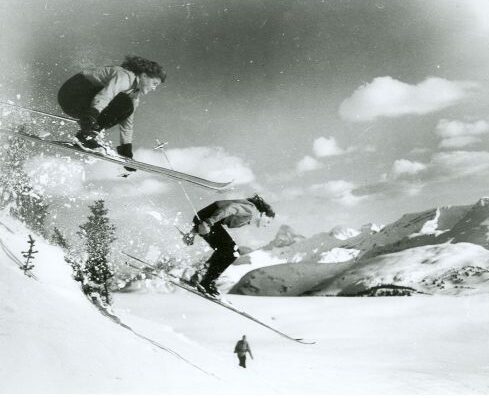In the mid-1970s, four otherwise ordinary guys from Abbottsford, Calgary, Don Mills and Thunder Bay did the impossible. They began beating the Europeans at their own game and became the best downhill ski racers in the world. Utterly fearless, surprisingly selfless, prone to taking risks and totally dedicated to skiing scary fast, Dave Irwin, Dave Murray, Steve Podborski and Ken Read were soon christened the ‘Crazy Canucks’.
By the early 1980s, the Crazy Canucks had become so popular, famous and victorious, that alpine ski racing became Canada’s second-favourite winter sport as seen, at last, on national television. After the last of the original, core four retired in 1984, every Canadian ski racing hopeful was called a Crazy Canuck. It didn’t matter if they were men or women, or even if they won or stood on the podium. Confused? Don’t be. Here’s everything you need to know about the Crazy Canucks.






